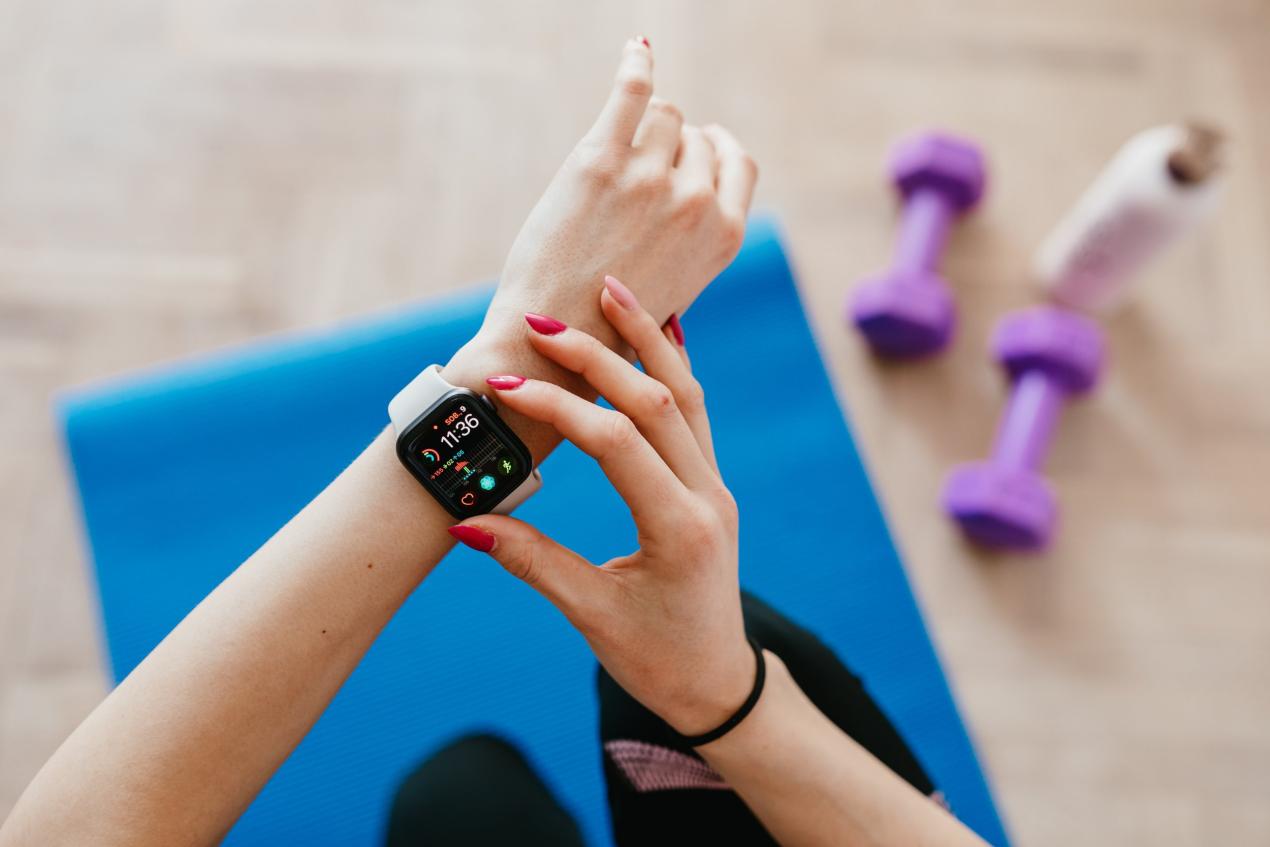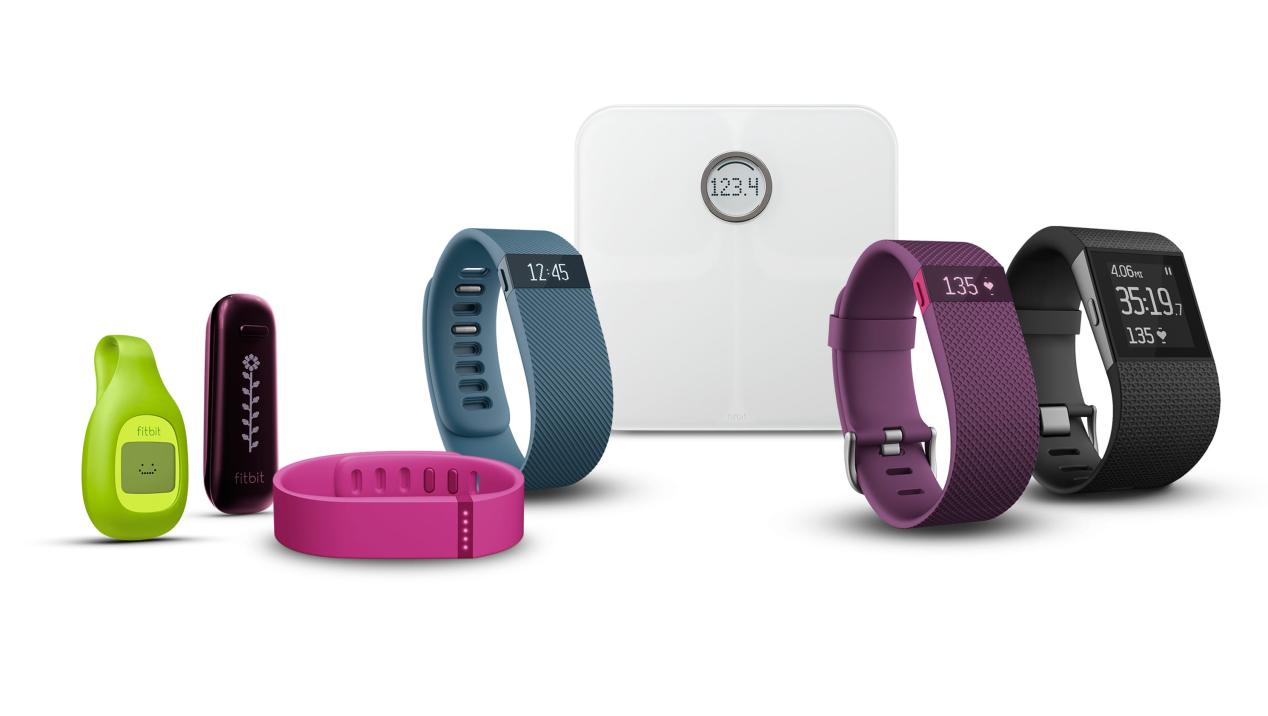What Are the Future Trends in Fitness Apps and Trackers?
The fitness app and tracker industry has experienced tremendous growth in recent years, driven by the increasing popularity of wearable devices and the growing awareness of the importance of health and wellness. As technology continues to advance, we can expect to see a number of exciting new trends in fitness apps and trackers that will further enhance the user experience and help people achieve their fitness goals.

Current Trends In Fitness Apps And Trackers
Some of the current trends in fitness apps and trackers include:
- Integration with wearable devices: Fitness apps and trackers are increasingly being integrated with wearable devices such as smartwatches and fitness bands. This allows users to track their activity data more easily and conveniently.
- Gamification and social features: Many fitness apps and trackers incorporate gamification elements and social features to make exercise more fun and engaging. This can help users stay motivated and reach their goals.
- Personalized fitness plans and recommendations: Fitness apps and trackers often provide personalized fitness plans and recommendations based on the user's individual goals, preferences, and activity levels.
- Data tracking and analysis: Fitness apps and trackers collect and analyze data on the user's activity levels, sleep patterns, and other health metrics. This data can be used to provide insights into the user's overall health and fitness.
- Integration with healthcare providers: Some fitness apps and trackers are now being integrated with healthcare providers, allowing users to share their health data with their doctors and other healthcare professionals.
Future Trends In Fitness Apps And Trackers
Looking ahead, we can expect to see a number of new trends in fitness apps and trackers that will further revolutionize the way we track and manage our health and fitness.
- Artificial intelligence (AI) and machine learning (ML): AI and ML are being used to develop fitness apps and trackers that can provide personalized fitness plans and recommendations, real-time feedback and coaching, injury prevention and recovery, and predictive analytics.
- Virtual reality (VR) and augmented reality (AR): VR and AR are being used to create immersive fitness experiences, interactive fitness games and challenges, and remote fitness training and classes.
- Internet of Things (IoT) and connected devices: IoT and connected devices are being used to enable seamless data sharing between devices, smart home integration, and remote monitoring and coaching.
- Wearable health sensors and biometrics: Wearable health sensors and biometrics are being used to track advanced heart rate, blood pressure and glucose, sleep, and stress and mood.
- Integration with healthcare systems: Fitness apps and trackers are being integrated with healthcare systems to enable electronic health records (EHR) integration, remote patient monitoring, and chronic disease management.
Challenges And Opportunities
While the future of fitness apps and trackers is bright, there are also a number of challenges that need to be addressed.
- Data privacy and security: The collection and storage of personal health data raises concerns about data privacy and security. Fitness app and tracker developers need to take steps to ensure that user data is protected from unauthorized access and use.
- User engagement and retention: Keeping users engaged and motivated is a challenge for fitness app and tracker developers. Apps and trackers need to be easy to use, engaging, and provide value to users in order to keep them coming back.
- Reimbursement and insurance coverage: Reimbursement and insurance coverage for fitness apps and trackers is still limited. This can make it difficult for some people to afford these devices.
- Regulatory and legal considerations: The regulation of fitness apps and trackers is still in its early stages. As the industry continues to grow, we can expect to see more regulatory and legal scrutiny.

The future of fitness apps and trackers is bright. As technology continues to advance, we can expect to see a number of new and innovative features that will make it easier and more enjoyable for people to track and manage their health and fitness. However, there are also a number of challenges that need to be addressed, such as data privacy and security, user engagement and retention, reimbursement and insurance coverage, and regulatory and legal considerations.
Despite these challenges, the potential benefits of fitness apps and trackers are enormous. These devices can help people live healthier, longer lives by providing them with the information and motivation they need to make healthy choices.

YesNo

Leave a Reply